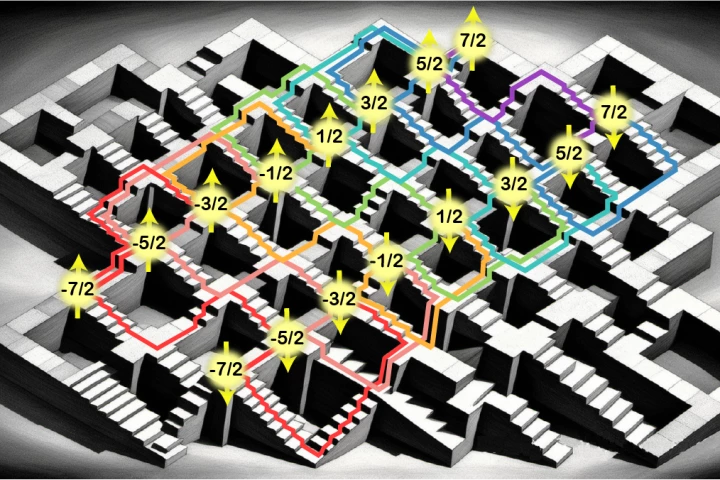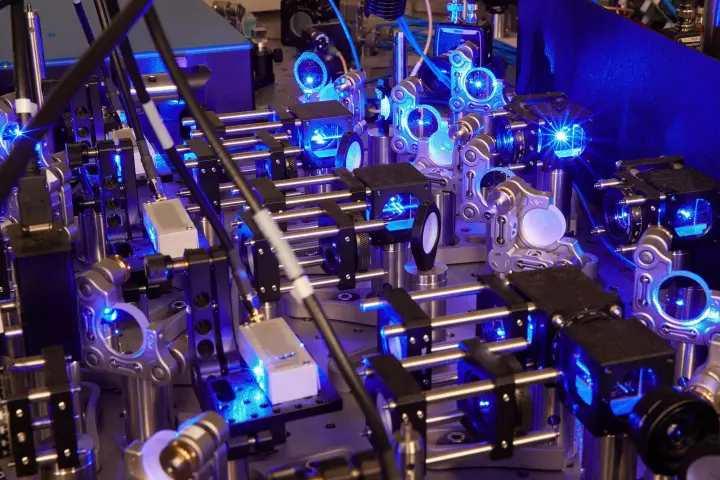Quantum Computing
-
Ultra-deep tech startup Nirvanic put on a fairly humble-looking robotics demo at Jeff Bezos's private MARS 2025 conference – but it may go down as a landmark moment both in AI robotics, and in our understanding of consciousness itself.
-
Silicon is so important for electronics and computing that it’s become synonymous with technology, but the stuff has its flaws. Now scientists have created a way to make super-pure silicon chips that could pave the way for stable quantum computers.
-
You can cram much more quantum processing power into a given space if you use four different ways to store data on a single atom, according to new research. The method unlocks more powerful quantum computers that are easier to control.
-
A DARPA program is claiming a major breakthrough in quantum computing. The Optimization with Noisy Intermediate-Scale Quantum devices (ONISQ) program has created the world's first quantum circuit with logical quantum bits (qubits).
-
Atom Computing has announced the first quantum computer to pass the 1,000-qubit milestone. The prototype, due to become available for use in 2024, leapfrogs IBM’s announcement of its new quantum computer platform expected in the next few weeks.
-
This year's Nobel Prize in Chemistry has been awarded to three different scientists who advanced the development of quantum dots – nanoscale particles that exhibit unusual characteristics thanks to their diminutive size.
-
Scientists in Australia have used quantum computers to observe something usually too fast for the eye to see. The team managed to slow down a molecular interaction by 100 billion times to see what’s really going on in a common chemical reaction.
-
Scientists have detected the first evidence of a phenomenon called “quantum superchemistry.” Long predicted but never confirmed, this effect could speed up chemical reactions, give scientists more control over them, and inform quantum computing.
-
A brand new form of silicon might help extend its use into the future. Engineers at North Carolina State University have discovered a material called Q-silicon, with new properties that could have important uses in quantum computers and spintronics.
-
Scientists in South Korea have created what they call "the world’s smallest ball game," throwing individual atoms between two optical traps. The research could eventually make for more adaptable and dynamic quantum computers.
-
Wormholes are a sci-fi staple, and and it's possible that they exist in the real universe. But how would they work? Physicists have now used a quantum processor to simulate a traversable wormhole, teleporting information between two quantum systems.
-
IBM has unveiled the most powerful quantum processor in the world – the Osprey, with a massive 433 quantum bits (qubits). The new chip headlines a raft of advances in quantum computers announced, as the company prepares for a massive leap next year.
Load More









